Ai Jiang is a Chinese-Canadian writer, Ignyte, Bram Stoker, and Nebula Award winner, and Hugo, Astounding, Locus, Aurora, and BFSA Award finalist from Changle, Fujian, currently residing in Toronto, Ontario. Her work can be found in F&SF, The Dark, and The Masters Review, among others. She is the recipient of Odyssey Workshop’s 2022 Fresh Voices Scholarship and the author of A Palace Near the Wind, Linghun, and I AM AI.
I had the opportunity to interview Ai, which you can read below.
First of all, welcome to Geeks OUT! Could you tell us a little about yourself?
I’m a Chinese-Canadian writer, Ignyte, Bram Stoker, and Nebula Award winner, and Hugo, Astounding, Locus, Aurora, and BFSA Award finalist from Changle, Fujian currently residing in Toronto, Ontario. My work can be found in F&SF, The Dark, The Masters Review, among others. I’m the author of A Palace Near the Wind, Linghun and I AM AI.
Fun fact, the first “book” I’d written was in the 2nd/3rd titled Claire’s Life, a portal family about a young girl stumbling into devil school where there are flying wolves (I was obsessed with flying wolves at the time).
What can you tell us about your most recent project, A Palace Near the Wind? What was the inspiration for the novel?
When I first began A Palace Near the Wind, I had in mind the climate crisis, as well as articles I’d read about the environmental impacts of tourism but also the economic benefits of places that promote them. I had intended the book to be a meditation on nature versus industrialism where industrialism is Blue Beard and nature is the wives. Yet, as I continued the piece, it became also about displacement and diaspora, which is a theme I often I explore in my other works. It became a loss of culture and traditions because at the time, my grandmother’s old village was being torn down and in its place was planned condos.
Based on your previous writing, including novellas, Linghun and I Am AI, you seem to lean towards blurring conventional genres such as science fiction and fantasy. Could you expand on that here?
Often, I let the story tell me what it wishes to be rather than have a very specific genre in mind before I write it. Even when I go into a new project with specific intentions, more often than not, I’ll be surprised with how the story takes more. For example, sometimes I might intend to write horror, but realize the story itself is more of a quiet sci-fi tale, or vice versa. But I do find elements of all the genres I love most slip into my work. Whatever feels right for the story is generally what I reach for.
As a writer, what drew you to the art of storytelling?
I have always loved stories, whether it’s listening to them or telling them, and especially in the execution of the telling. Something I’ve always been curious about is the lives of others, and trying to figure out how others think and why they hold certain beliefs and values and worldviews, and I think stories are the best in revealing such things, not so much that they express exactly who the teller is as a person, but more so in what they reveal in between in lines in what kind of story is being told and how they are choosing to tell it.
How would you describe your creative process?
Absolutely chaotic I’d say. Sometimes I will write the second half a sentence before I write the first less, I forget my thought. Sometimes I’ll write paragraphs or chapters out of order, drop myself random notes which I’d later flesh out. Sometimes I write 0 words a day, and sometimes I might write up to 10,000 (the latter is far, far rarer than the former). There’s no steady routine I’d say, but usually I’ll set a deadline for myself, so I don’t procrastinate for too long.
What are some of your favorite elements of writing? What do you consider some of the most frustrating and/or challenging?
I think my favourite part of writing is discovering what the story is truly about and who the characters truly are, because I’ve found that these are things I don’t realized until I’m more than halfway through writing the book, and sometimes only afterwards in post when I’m reflecting on what I’d written. The most challenging for me I think is consistency, because I don’t have a very set routine as a writer, but when projects get going, it’s like an exhilarating sprint until the end.
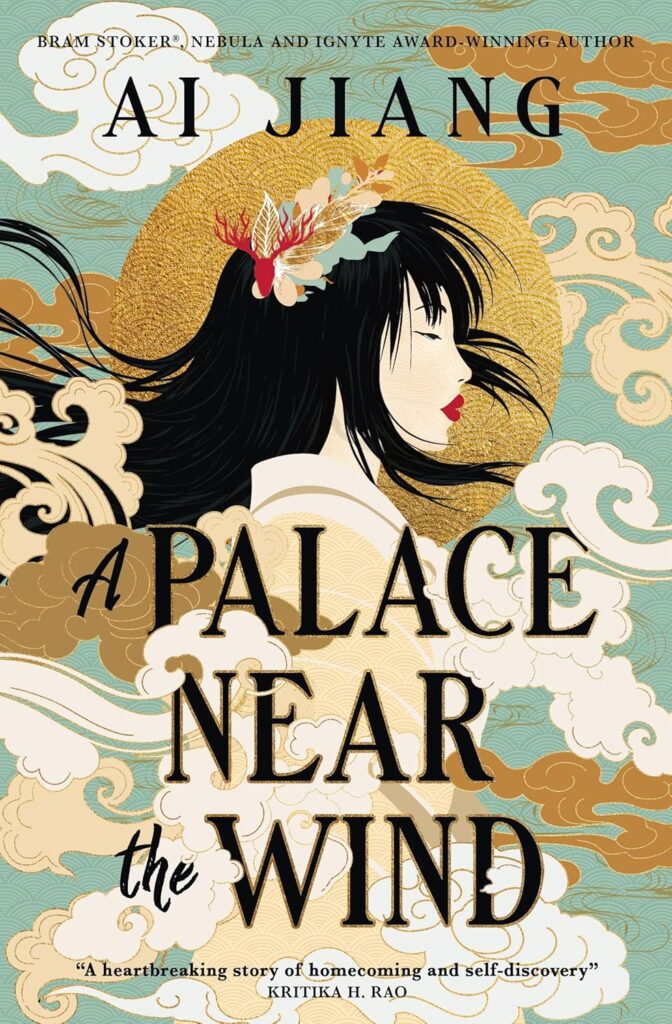
As an author, who or what would you say are some of your greatest creative influences and/or sources of inspiration in general?
From the start, Kazuo Ishiguro, Shirley Jackson, Toni Morrison, Ursula K. Le Guin. More recently, Nghi Vo, Cassandra Khaw, Han Kang, Sayaka Murata, Yōko Ogawa.
Aside from your work, what are some things you would want readers to know about you?
I used to play badminton competitively, now, mainly compete for fun.
Before becoming a writer, I’d wanted to be a visual artist, but I never had the courage to really pursue the path, though it’s something I want to pick up again in the future.
I have a strange habit of falling asleep on any type of moving vehicle no matter how dangerous it might be. Though this isn’t limited to only moving vehicles, I can also fall asleep sitting up on crowded mall benches, standing up in grocery stores, squatting at bus stops. Fun fact: I can hold a take-out drink cup without a closed lid while napping on public transport without dropping it.
What’s a question you haven’t been asked yet but that you wish you were asked (as well as the answer to that question)?
Hm, I think I’ve been asked this question but not often: How do you balance writing for yourself and writing for an audience.
I think I’ve been horrible at this because I’m still developing a better habit/process for editing, which is the stage, at least for me, where the book gets shaped into something more so for the audience than myself.
What advice might you have to give for aspiring writers out there?
Be persistent, be hopeful, write what you want to write, and keeping working on the next thing, because these are the only elements of publishing that writers can really control.
Are there any other projects you are working on and at liberty to speak about?
I won’t speak of them at length, but I currently have a horror fantasy novel on submission, a folk body horror novella finished, a literary horror heart book in the editing process, some more strange horror that I’m brewing up, and the novelization of a short story I’d written titled “Give Me English”.
Finally, what books/authors would you recommend to the readers of Geeks OUT?
The Salt Grows Heavy by Cassandra Khaw
The Memory Police by Yōko Ogawa
The Singing Hills Cycle Series by Nghi Vo
Earthlings Sayaka Murata
Psychopomp by Maria Dong
Crushing Snails by Emma E. Murray
Rest Stop by Nat Cassidy
The Dragonfly Gambit by A.D. Sui
Convergence Problems by Wole Talabi
The Dead Cat Tail Assassins by P. Djèlí Clark
Buddha in the Attic by Julie Otsuka
The Eyes Are the Best Part by Monika Kim
Helpmeet by Naben Ruthnum
Sordidez by E.G. Condé
Dark Woods, Deep Water by Jelena Dunato

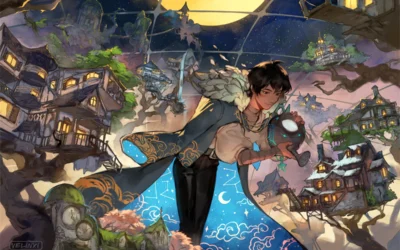
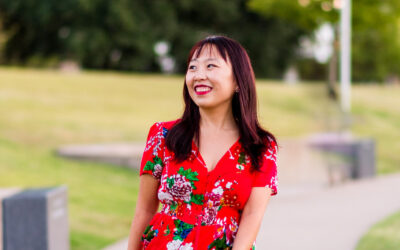
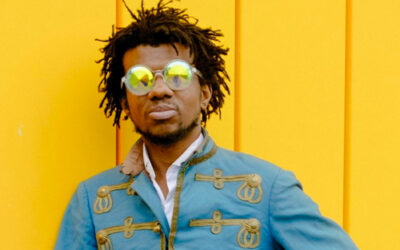
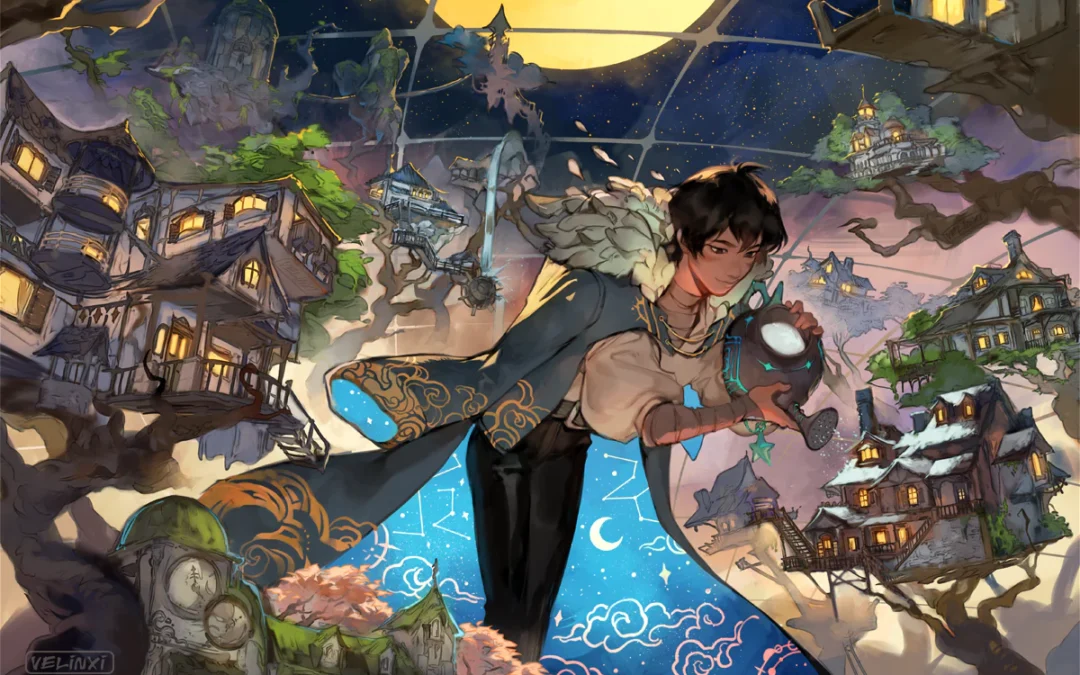
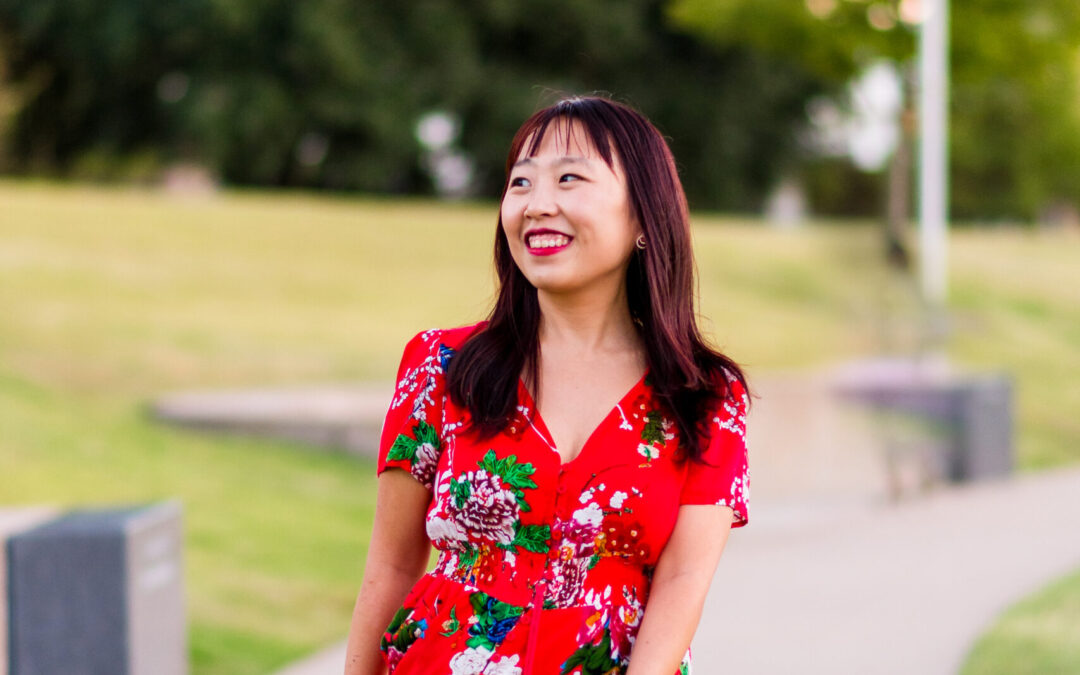
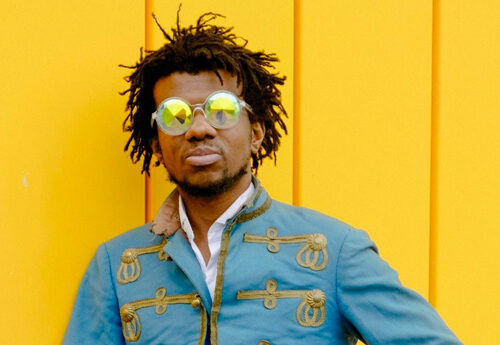
0 Comments